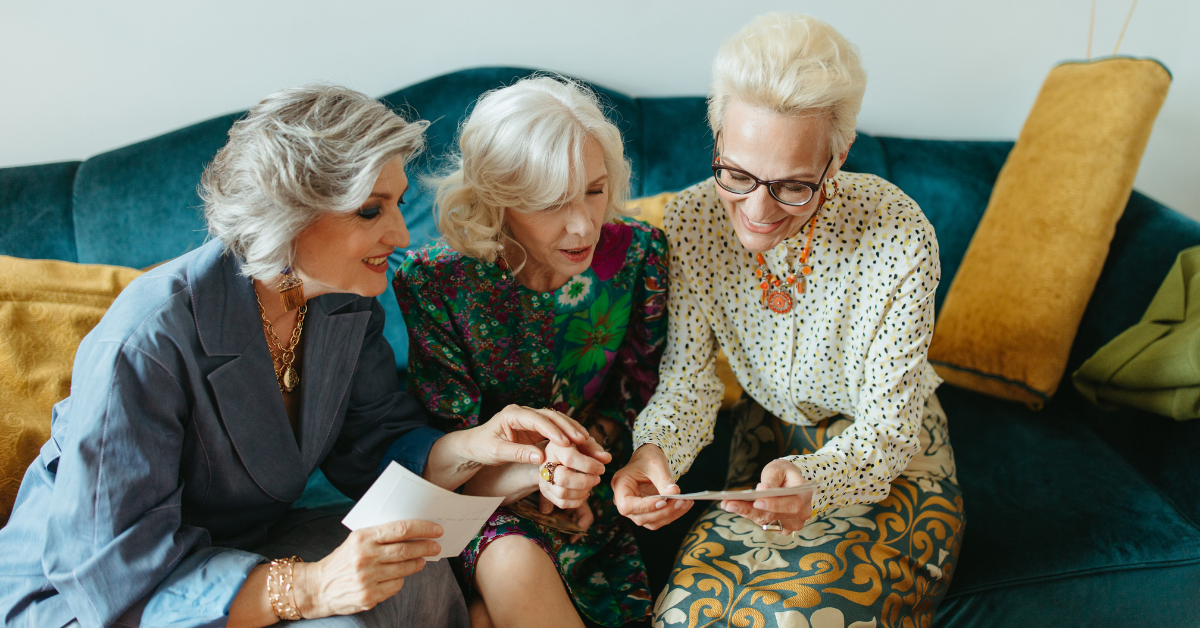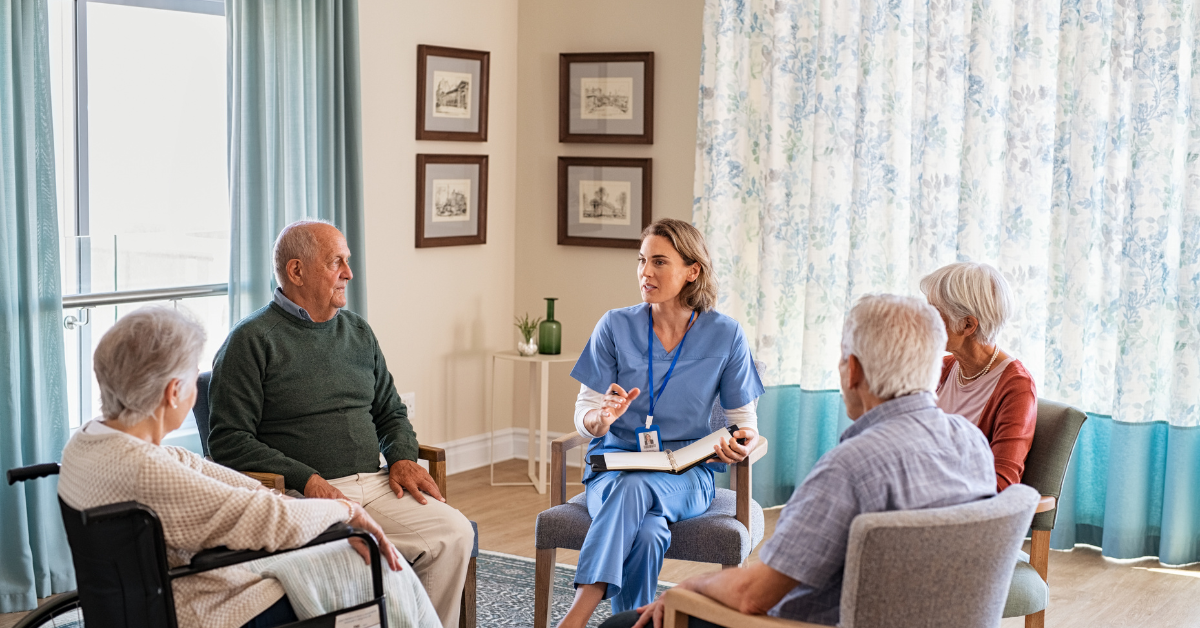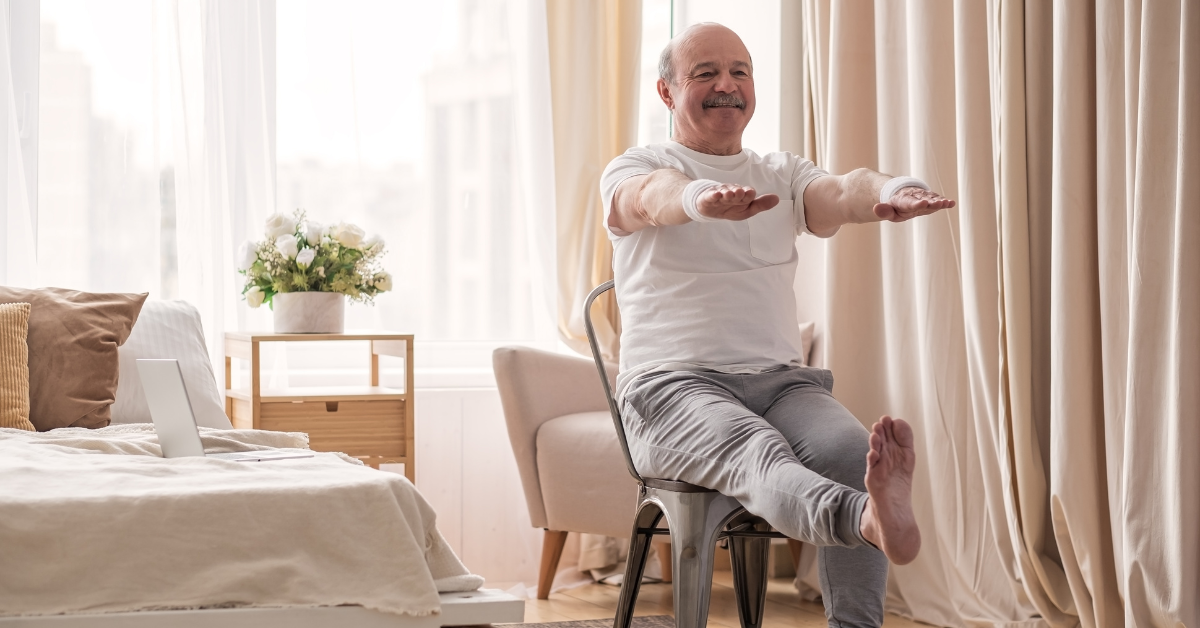The digital world has changed how we capture and save our memories. Your precious visual connections need proper organization and maintenance now more than ever. These photographic treasures do more than show snapshots of the past. They stimulate your mind, give you purpose and create stronger bonds between generations. Let’s explore ways to use your photos’ emotional power. You can preserve your cherished memories and use these visual storytellers to strengthen your cognitive health as you age.
The Emotional Power of Photographs for Seniors
Photographs mean much more than just images to seniors—they serve as emotional anchors to their cherished moments. A senior holding a photograph doesn’t just see paper and ink; they reconnect with significant chapters of their life story.
How photos trigger meaningful memories
Photos have an amazing power to unlock doors to the past that might stay closed otherwise. This becomes crucial for seniors who face memory challenges. Research shows that emotional visual stimuli like personal photos can keep memories alive. Seniors experience several powerful emotional responses when they look at photographs:
- Immediate emotional reconnection – Photos bring back not just the memory but also the feelings of an event. These emotional responses help seniors relive happy times and stay connected with loved ones.
- Identity reinforcement – Looking at images of past achievements boosts self-identity and self-worth. This helps curb feelings of insignificance that often come with aging.
- Legacy building – Photos enable seniors to look back at their experience and share their stories. This promotes a sense of purpose and fulfillment.
It also helps that photos work great as conversation starters. Seniors can share memories and experiences with caregivers and family members. This communication bridge proves especially valuable in assisted living in Heathrow, FL, where meaningful social connections boost overall well-being significantly.
The science behind visual memory recall
Photos trigger memories and science backs this up. Research shows that emotional stimuli like photographs catch attention during early perceptual stages for older adults. Studies have also shown that emotional content in pictures aids memory retention.
Scientists call this the “emotional enhancement effect”. While short-term memory might decrease as emotional arousal goes up, long-term recall works better for emotional items than neutral ones. Our brains simply prioritize emotional visual information for long-term storage.
Why photographs matter more as we age
Photos bring emotional comfort and stability during life’s changes. Many seniors in assisted living Florida communities find that photos create a bridge between their past and present lives. Taking pictures and looking at them can trigger memories and boost cognitive functions. Happy, familiar images can even help people relax and feel less anxious. Seniors and their families know that photos do more than decorate walls – they serve as therapeutic tools that strengthen emotional bonds and support cognitive health throughout the aging experience.
Creating a Personal Legacy Through Photo Organization
Simple steps to sort decades of memories
Bring all your photos to one location and choose a sorting system. You might arrange them by:
- Chronology (decades or years)
- Events (holidays, vacations, graduations)
- Family members or relationships
- Life eras (childhood, college years, career)
Be selective during sorting. Discard duplicates, blurry images, and photos that don’t trigger meaningful memories. Quality matters more than quantity—keep the images that best tell your story.
Digital tools
Converting your photo collection to a digital format ensures easy access. You can scan photos using a quality flatbed scanner (300-600 dpi resolution) or smartphone apps designed specifically for photo scanning. Name your digital files consistently to find them easily later. Include dates, events or people’s names in file titles. Protect your digital memories by creating multiple backups, including cloud storage that lets you share easily with family members.
How Photo Memories Support Cognitive Health
Photos do more than just hold sentimental value – they work as powerful tools to maintain cognitive health as you age. Research shows that visual stimuli like photographs can substantially benefit brain function, especially when you have memory challenges.
Memory stimulation through visual cues
Visual cues from photos work differently from other memory triggers. Pictures are perceptually rich and contain information about color, shape and spatial relationships. This makes them highly effective at triggering cognitive recall, even as other memory systems decline. Seniors in assisted living in Heathrow, FL, who keep looking at photographs often experience the following:
- Better recall of specific life details and events
- Improved verbal communication abilities
- Deeper conversation and social connections
- Better short-term spatial memory with positive images
Memory Keepers
Photos are powerful tools that connect your past with your present, especially when you reach your senior years.
These images connect you with cherished memories and support your cognitive health throughout your aging process. Start saving and digitizing your photo collection now – your future self and family will be grateful. If you or your loved one is looking for an assisted living community, check out Marina Isle Waterfront Assisted Living. Call (407) 499-7300 to learn how our community fosters connection and shared memories.
FAQs
Q1. Why are photographs significant for seniors? Photographs are powerful emotional anchors for seniors, helping them reconnect with cherished memories and maintain a strong sense of identity. They can trigger meaningful recollections, stimulate cognitive functions and provide comfort during life transitions.
Q2. How can organizing photographs benefit seniors? Organizing photographs helps seniors create a personal legacy, preserving their life story for future generations. It also provides a meaningful activity that can enhance cognitive function, spark conversations and strengthen family bonds.
Q3. How do photographs support cognitive health in seniors? Photographs stimulate memory recall through visual cues, activating multiple brain regions simultaneously. Regular engagement with photos can improve recall of life events, enhance verbal communication and serve as a form of mental exercise.





